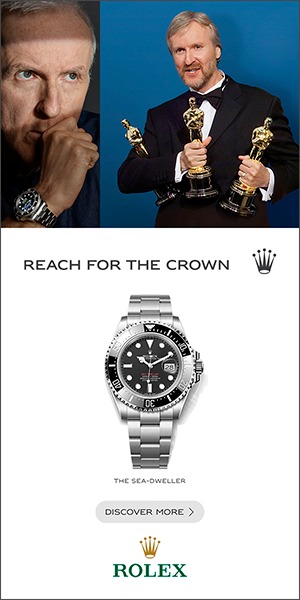Of all the places in the world to compare Delhi to, Paris may be furthest from anyone’s mind. But for Ambassador Alexandre Ziegler, life in the sprawling, crowded capital city is a reminder of the home he left behind. “I love Delhi; it is very French,” he says, as if that is self-explanatory. From his living room in the heart of the scenic and orderly diplomatic enclave, it’s perhaps not too difficult to conjure up visions of a European environment. Outside, the city holds radically different worlds. But for the 49-year-old, the reminders of his own city come from the people he meets here and not its topography. “When you’re at a dinner in Delhi, you could well be in Paris—it’s the debates that you hear and the liveliness…whether you are with journalists, politicians or intellectuals,” he says. “You feel at home and feel the chemistry with its people pretty much immediately.”
/https://elle.in/wp-content/uploads/2019/07/uploads/french-ambassador.jpg)
Two years ago, he willed his way into a posting here after a few brief but compelling encounters with Indian statecraft and diplomacy, especially during the Paris Climate Conference or Cop 21 (2015). At the time, he was chief of staff to the then foreign minister Laurent Fabius, working closely with the Indian delegation at negotiating a climate change commitment that would fulfill international standards and yet not be seen as thwarting domestic development aspirations. “India played a crucial role at the summit and I saw the negotiations at close proximity,” said Ziegler. His mind was made up; India had to be next. Six months later, in June 2016, he landed here with wife Veronique and three of his five children. His two older ones were in college back home. And so began their Indian adventure. Veronique, who was a history and geography school teacher in France, now serves part-time as secretary general at French NGO Main Tendue, which partners with Indian NGOs like Salaam Baalak Trust and Jagriti to work for women and children in India. She’s also learning Hindi with a tutor.
“Most of the people you meet in India speak English, which makes life much easier than it was in other places, like China.” In the last two years, the ambassador has criss-crossed the country, visiting 20 states and 30 cities—from the ghats of Benaras to the familiar French vibe in Pondicherry. But if there’s one place that he has frequented the most in the two years since he’s been here, it’s the crowded bylanes of Old Delhi. Maybe, it’s the history student in him that trained at Institut d’Etudes Politiques, or just the sheer energy of the walled city. On weekends, he can be found spending up to two hours just walking around the area, inevitably ending his stroll with a grand meal at Haveli Dharampura, a heritage hotel and restaurant.
Soaking in the Indian ambience, Ziegler says that the pride Indians take in their own culture resonates with him deeply. “It’s the other thing we have in common,” he says. “If we look at cinema, French and Bollywood are the two film industries that have held their own in front of Hollywood. We may all watch American films, but we are committed to preserving our own art forms.”
One would imagine that the current Rafale controversy over India’s acquisition of aircraft for the Indian Air Force from France, would take up all of his time. “Honestly, most people I meet are not that interested in it. When I meet pilots or engineers, they are very happy and looking forward to flying the Rafale from next year,” he says. The French connection may seem all about defence right now, but as Ambassador Ziegler puts it, it is one covering a full spectrum. Over the next few years, he’s hoping to meet more Bollywood stars and writers, and many more argumentative Indians.
Photographs: Abhishek Bali
Art Direction: Vidhi Mirpuri
/elle-india/media/media_files/2025/12/20/bespoke-1280x720_static_2025__james-cameron_jpg-2025-12-20-11-52-00.jpg)
/elle-india/media/agency_attachments/2024/12/12/2024-12-12t050944592z-2024-11-18t092336231z-czebsydrcd4dzd67f1wr.webp)
/elle-india/media/agency_attachments/2024/12/12/2024-12-12t050944592z-2024-11-18t092336231z-czebsydrcd4dzd67f1wr.webp)
/elle-india/media/media_files/2025/12/20/untitled-1-1-2025-12-20-12-04-20.png)
/elle-india/media/media_files/2025/12/18/arts-and-culture_marayacouple_en_static_display_300x250-2025-12-18-11-05-09.jpg)
